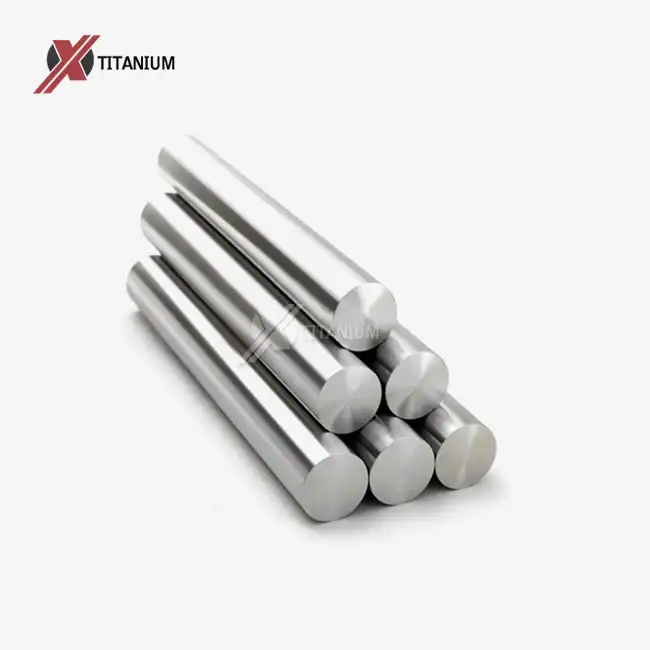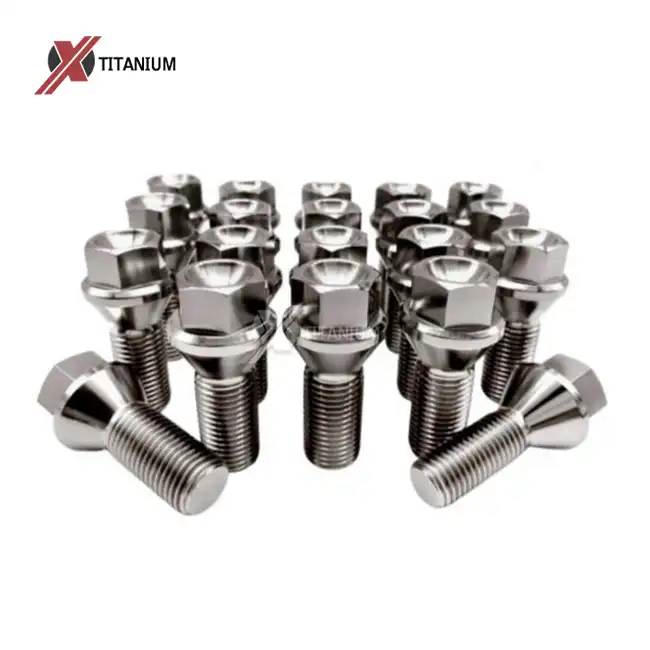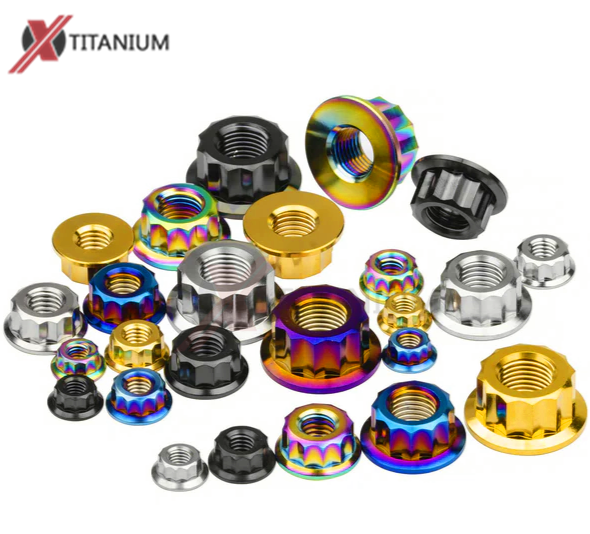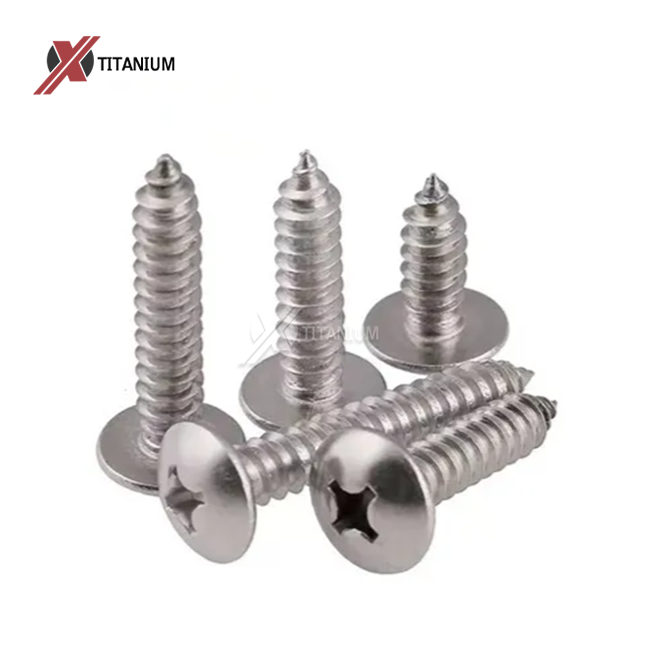- English
- French
- German
- Portuguese
- Spanish
- Russian
- Japanese
- Korean
- Arabic
- Greek
- German
- Turkish
- Italian
- Danish
- Romanian
- Indonesian
- Czech
- Afrikaans
- Swedish
- Polish
- Basque
- Catalan
- Esperanto
- Hindi
- Lao
- Albanian
- Amharic
- Armenian
- Azerbaijani
- Belarusian
- Bengali
- Bosnian
- Bulgarian
- Cebuano
- Chichewa
- Corsican
- Croatian
- Dutch
- Estonian
- Filipino
- Finnish
- Frisian
- Galician
- Georgian
- Gujarati
- Haitian
- Hausa
- Hawaiian
- Hebrew
- Hmong
- Hungarian
- Icelandic
- Igbo
- Javanese
- Kannada
- Kazakh
- Khmer
- Kurdish
- Kyrgyz
- Latin
- Latvian
- Lithuanian
- Luxembou..
- Macedonian
- Malagasy
- Malay
- Malayalam
- Maltese
- Maori
- Marathi
- Mongolian
- Burmese
- Nepali
- Norwegian
- Pashto
- Persian
- Punjabi
- Serbian
- Sesotho
- Sinhala
- Slovak
- Slovenian
- Somali
- Samoan
- Scots Gaelic
- Shona
- Sindhi
- Sundanese
- Swahili
- Tajik
- Tamil
- Telugu
- Thai
- Ukrainian
- Urdu
- Uzbek
- Vietnamese
- Welsh
- Xhosa
- Yiddish
- Yoruba
- Zulu
How hard is it to break titanium screws?
Titanium screws, particularly titanium button head screws, are renowned for their exceptional strength and durability. Breaking these screws is an extremely challenging task due to titanium's inherent properties. Titanium possesses an impressive strength-to-weight ratio, making it significantly stronger than many other metals while remaining lightweight. The tensile strength of titanium screws typically ranges from 130,000 to 150,000 psi, depending on the specific alloy used. This remarkable strength, combined with titanium's natural corrosion resistance, makes these screws highly resistant to breakage under normal and even extreme conditions. Consequently, titanium screws are often the preferred choice in applications where reliability and longevity are paramount.
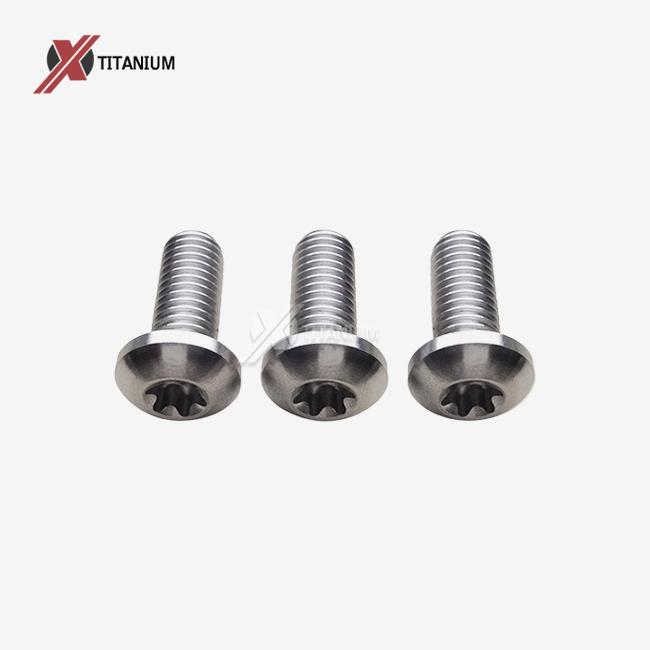
The Unique Properties of Titanium Button Head Screws
Composition and Strength
Titanium button head screws are crafted from high-quality titanium alloys, most commonly Grade 5 (Ti-6Al-4V). This alloy combines titanium with small amounts of aluminum and vanadium, resulting in a material that boasts exceptional strength and durability. The composition of these screws contributes significantly to their resistance to breakage, making them ideal for applications in aerospace, automotive, and marine industries.
The strength of titanium button head screws is truly remarkable. With a tensile strength of approximately 130,000 psi, these fasteners can withstand immense forces without failing. This strength-to-weight ratio surpasses that of many other materials, including steel, making titanium screws an excellent choice for applications where weight reduction is crucial without compromising on strength.
Corrosion Resistance
Another notable property of titanium button head screws is their outstanding corrosion resistance. Titanium naturally forms a protective oxide layer on its surface when exposed to air or water, shielding the metal from further corrosion. This inherent feature makes titanium screws particularly suitable for use in harsh environments, such as marine applications or chemical processing plants, where other metals might deteriorate rapidly.
The corrosion resistance of titanium screws not only contributes to their longevity but also plays a role in preventing breakage. Corrosion can weaken metal over time, leading to potential failure points. By resisting corrosion, titanium button head screws maintain their structural integrity even in challenging conditions, further enhancing their resistance to breakage.
Factors Affecting the Breakage Resistance of Titanium Screws
Manufacturing Process
The manufacturing process of titanium button head screws plays a crucial role in determining their resistance to breakage. High-quality titanium screws are typically produced through precision CNC machining, ensuring tight tolerances and excellent thread quality. This meticulous process contributes to the overall strength and durability of the screws.
Surface treatments such as anodizing or nitriding can further enhance the properties of titanium screws. Anodizing creates a harder surface layer, improving wear resistance, while nitriding can increase surface hardness and fatigue strength. These treatments contribute to the screws' ability to withstand various stresses without breaking.
Installation and Usage
While titanium button head screws are inherently strong, proper installation and usage are crucial for maximizing their breakage resistance. Over-tightening can lead to unnecessary stress on the screw, potentially compromising its integrity. It's essential to follow manufacturer guidelines for torque specifications to ensure optimal performance.
The application environment also plays a role in the longevity of titanium screws. While they excel in many challenging conditions, extreme temperature fluctuations or exposure to certain chemicals can impact their performance. Understanding the specific environmental factors and selecting the appropriate grade of titanium for the application is vital for preventing premature failure or breakage.
Applications Leveraging the Strength of Titanium Button Head Screws
Aerospace and Aviation
The aerospace industry heavily relies on the exceptional properties of titanium button head screws. These fasteners are used in critical components of aircraft and spacecraft where strength, lightweight properties, and resistance to extreme conditions are essential. From engine mounts to structural elements, titanium screws provide the necessary durability to withstand the rigors of flight and space travel.
In aviation, the weight-saving benefits of titanium screws contribute to fuel efficiency without compromising safety. The ability of these screws to maintain their integrity under high stress and varying temperatures makes them indispensable in modern aircraft design.
Medical Implants
The biocompatibility of titanium, combined with its strength and corrosion resistance, makes titanium button head screws an excellent choice for medical implants. These screws are used in various orthopedic and dental applications, where they must withstand the stresses of the human body while promoting osseointegration.
In spinal fusion surgeries, for example, titanium screws play a crucial role in stabilizing vertebrae. The strength of these screws ensures they can support the spine during the healing process without risk of breakage, providing patients with reliable, long-term solutions.
Marine and Offshore Applications
The corrosion-resistant nature of titanium button head screws makes them ideal for marine and offshore applications. In these environments, where exposure to saltwater and harsh weather conditions is constant, the ability of titanium screws to resist corrosion and maintain their strength is invaluable.
From shipbuilding to offshore oil rigs, titanium screws provide reliable fastening solutions that can withstand the challenges of marine environments. Their resistance to breakage ensures the structural integrity of critical components, even in the face of extreme conditions.
Conclusion
The exceptional strength and durability of titanium button head screws make them incredibly resistant to breakage. Their unique properties, including high tensile strength, corrosion resistance, and excellent strength-to-weight ratio, contribute to their reliability in various demanding applications. From aerospace to medical implants and marine environments, these screws continue to prove their worth by maintaining integrity under extreme conditions.
Understanding the factors that contribute to the strength of titanium screws, such as their composition, manufacturing process, and proper installation, is crucial for maximizing their performance. As technology advances and new applications emerge, the demand for these robust fasteners is likely to grow, further cementing their place in industries where failure is not an option.
For more information about titanium button head screws and other titanium products, please contact Baoji Chuanglian New Metal Material Co., Ltd. at info@cltifastener.com or djy6580@aliyun.com. Our team of experts is ready to assist you in finding the perfect titanium solution for your specific needs.
References
1. Lutjering, G., & Williams, J. C. (2007). Titanium (2nd ed.). Springer-Verlag Berlin Heidelberg.
2. Peters, M., Kumpfert, J., Ward, C. H., & Leyens, C. (2003). Titanium alloys for aerospace applications. Advanced Engineering Materials, 5(6), 419-427.
3. Rack, H. J., & Qazi, J. I. (2006). Titanium alloys for biomedical applications. Materials Science and Engineering: C, 26(8), 1269-1277.
4. Schutz, R. W., & Watkins, H. B. (1998). Recent developments in titanium alloy application in the energy industry. Materials Science and Engineering: A, 243(1-2), 305-315.
5. Boyer, R. R. (1996). An overview on the use of titanium in the aerospace industry. Materials Science and Engineering: A, 213(1-2), 103-114.
Learn about our latest products and discounts through SMS or email
